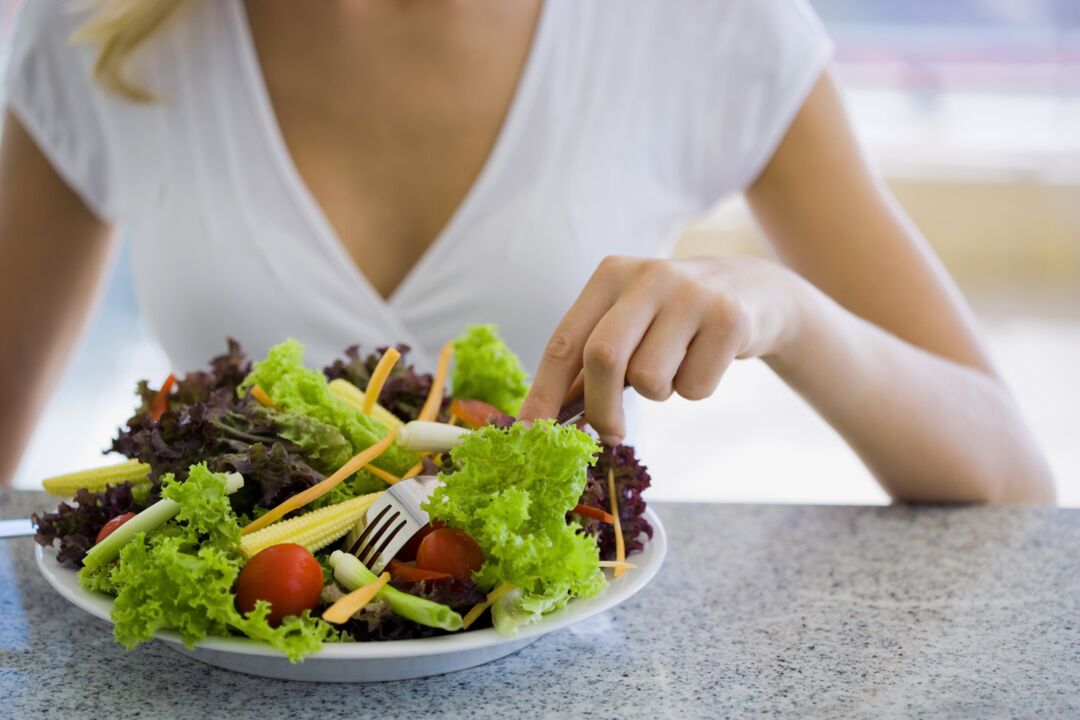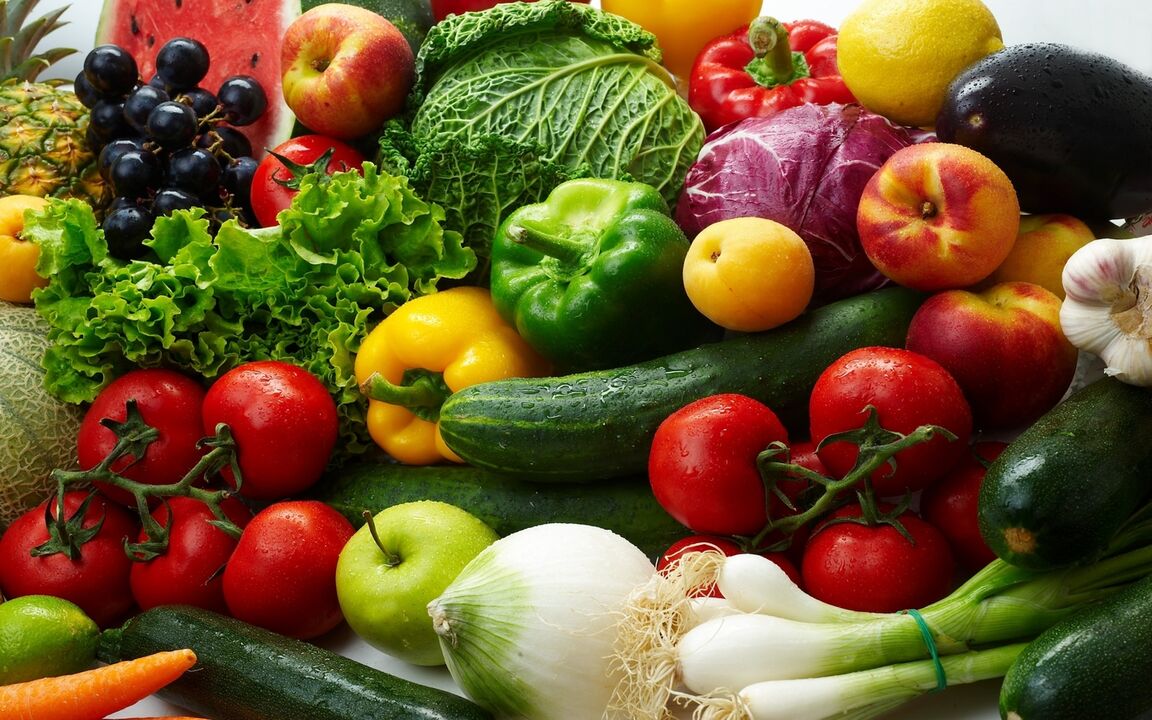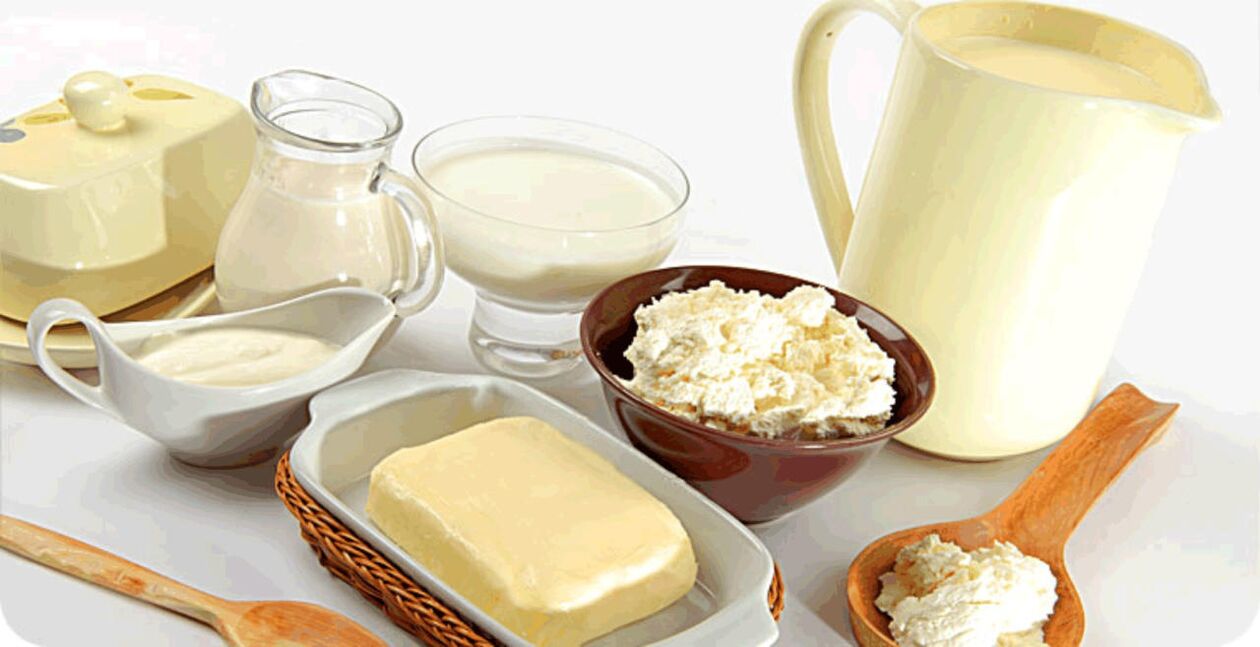In the case of serious diseases, especially autoimmune diseases, medical treatment alone is not enough. In addition to medication, the patient is prescribed physiotherapeutic procedures and is advised to follow a special nutrition system. You also need a diet for gout and high uric acid.
Which substances increase uric acid
Severe pain in the joints and redness of the skin indicate a complication of uric acid metabolism and its excess. As a rule, the percentage of urea in the blood increases due to metabolic disorders. Acid-related salts turn to stones and cause gout and urolithiasis.
Initially, the disease occurs in people who are genetically predisposed to them, but an unhealthy lifestyle also contributes to increased uric acid levels. Excessive consumption of alcohol, flour products, sweets, fatty and spicy foods, as well as improper, restricted nutrition can contribute to the development of the disease.
The diet for gout is not temporary, it is permanent and can not be broken. It is possible to distinguish the principles of nutrition for gout:
- Complete elimination of purine-containing products: cocoa beans, tea, tea fish, sprat, herring, sardines, asparagus, spinach, legumes, fatty beef and pork, liver.
- Reducing the intake of proteins that increase urate content.
- Drink plenty of water to remove uric acid and salts.
- Eliminate or significantly reduce salt intake. If consumed, in small amounts during meals.
- A properly balanced diet and diet so that the body can absorb all the necessary substances without overloading.

What foods can be consumed
Since the diet for gout and high uric acid is persistent, it should become a habit and become a way of life. It is better to eat according to the plan, ie all products and utensils must be provided in advance. Otherwise, you have the opportunity to break down and eat a harmful product. Of course, for this you need to consult a doctor and make a list of foods that are allowed. The list of what can be consumed for gout and what foods can be cooked includes the following products:
- some types of meat and fish (chicken, turkey, rabbit). The meat is only boiled and lean;
- sea products;
- eggs (not more than once a day);
- vegetable oils (butter can also be consumed, but rarely and to a limited extent);
- cereals (except rice) and pasta;
- With a small exception, it is recommended to consume plenty of vegetables, fruits and herbs - parsley, celery, radish;
- dairy products must be fat-free - yogurt, kefir, fermented baked milk, unsalted cheese;
- spices are best removed, but sometimes you can use small amounts of bay leaf, cinnamon, vanilla, vinegar;
- sweet only from natural products - honey, jam, marmalade;
- alcohol should be completely excluded, but very rarely more than 100 g of vodka should not be allowed;
- from drinks - ordinary and mineral water, juices from permitted fruits, hip juice, chicory, fruit drink.

What not to eat
In addition to the foods that are allowed to be eaten, not only will you not be able to eat raw, but you will also have to decide whether to cook any food:
- sausage and fatty meat;
- tomatoes, asparagus, cauliflower, spinach;
- canned vegetables and canned fish and meat;
- mushrooms in any form;
- fatty dairy products;
- animal fats;
- plum;
- smoked products (fish, meat);
- spices;
- sweets, especially with plenty of cream;
- spicy and salty cheeses.

The list of permitted and prohibited products should be tailored to each individual situation. This should be taken into account if the patient has concomitant diseases such as diabetes or diseases of the internal organs. It should also be borne in mind that different types and stages of gout require even temporary restrictions for the chosen diet. Thus, with exacerbation, meat and fish are completely eliminated.
If a person suffers from swelling of the joints, then it is recommended to use watermelon and herbal decoctions.
The right menu
To decide which foods are right for you, it is important to know not only what can be consumed, but also under what conditions it can be used. Breakfast is a very important meal - it can either make or break your day. Suitable for: cereals, cheesecakes, scrambled eggs with vegetables, pancakes. For dinner, it is better to choose first courses with vegetables, boiled meat, steamed meatballs or cutlets, compotes, vegetable salads, milk soups and cereals.
Dinner should be light, but not starving. It is preferable to choose dishes from vegetables, low-fat dairy products: vegetable and cottage cheese casserole, pancakes with jam, kefir, dried fruits, steamed fish with vegetables, etc. Nutritionists recommend fasting once a week. But never go without food! Small amounts of fruits and vegetables, as well as sour milk products are ideal for such days.
In any case, the attending physician and nutritionist must determine which foods can be consumed and which should be excluded. It is not safe to choose a diet for yourself - you can get another in the process of treating one disease.














































































